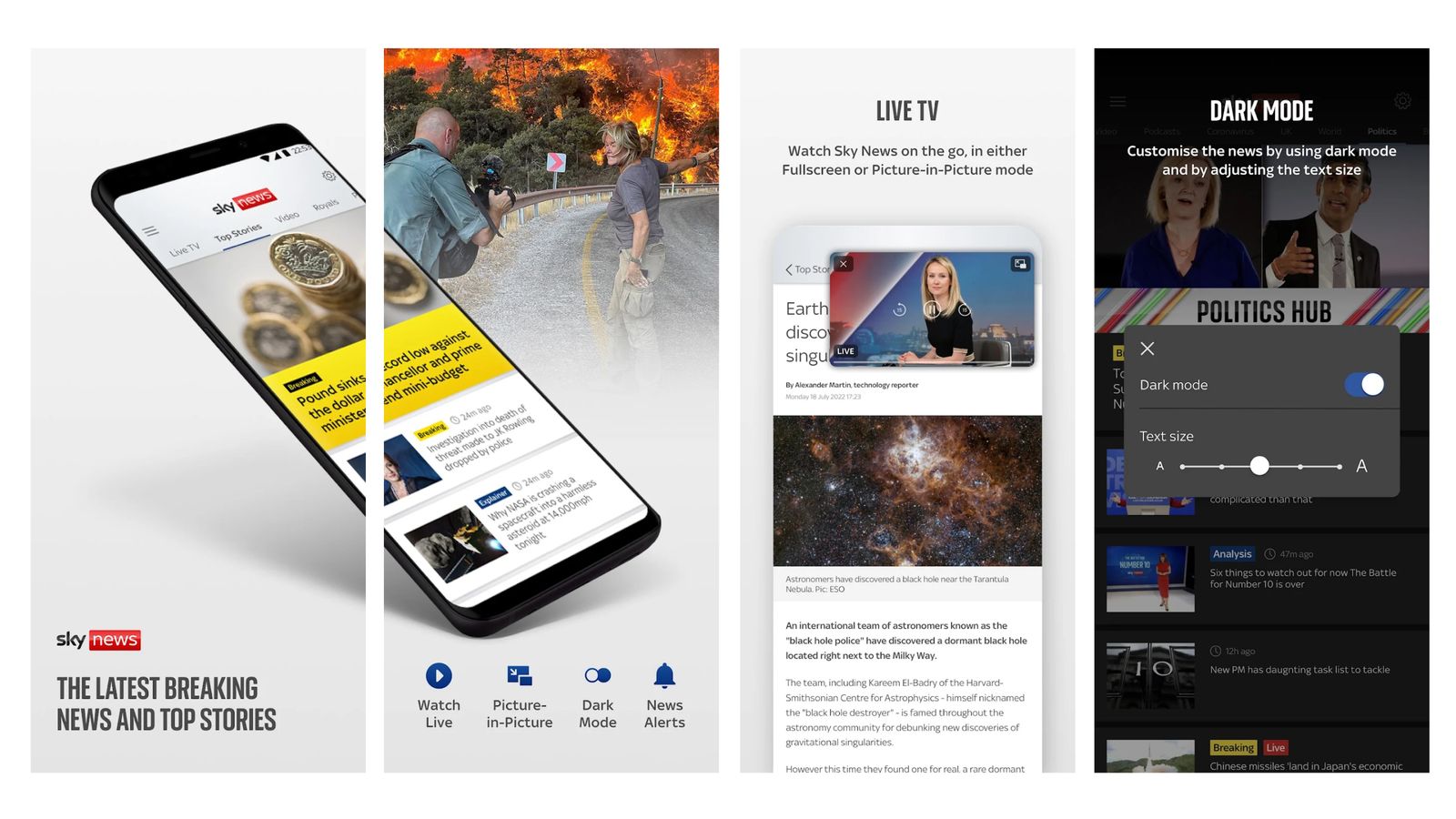Getting My News Websites To Work
Table of ContentsNot known Facts About News WebsitesGetting The News Websites To WorkThe 25-Second Trick For News WebsitesThe Greatest Guide To News WebsitesGetting My News Websites To Work
It was down in the UK and Brazil however up a few other countries, such as Greece, Bulgaria, and Poland (News Websites). This year, for the very first time, we asked about the various manner ins which people stay clear of the information and located that around half of avoiders (53%) were trying to do so in a broad-brush or periodic means for instance, by shutting off the radio when the information began, or by scrolling past the news in social media sitesYou said that you attempt to proactively stay clear of information.

I'm probably choosing to read even more light-hearted stories than I made use of to at the minute. M, 51, UK Turning my back on news is the only means I feel I can cope in some cases. I have to purposely make the effort to turn away for the purpose of my very own psychological health and wellness.
The Definitive Guide for News Websites
Careful evasion of Ukraine information was highest in a lot of the nations closest to the conflict, strengthening searchings for from our extra study in 2015, soon after the war had actually started. Our data might not recommend an absence of interest in Ukraine from close-by countries but rather a wish to manage time or safeguard psychological wellness from the really real scaries of battle.
Contrasting Finland with a politically polarised country such as the United States (see next chart) that is less impacted by the war, we discover a really different pattern of subject avoidance. In the United States, we find that consumers are more probable to stay clear of subjects such as national politics and social justice, where discussions over problems such as gender, sexuality, and race have become highly politicised.
American politics are pretty poisonous these days. I find in some cases that I need to separate from tales that simply make me mad. F, 61, United States For some individuals, bitter and divisive political debates are a factor to switch off news altogether, but also for some political upholders, evasion is frequently about shutting out point of Discover More views you do not desire to hear.

The Facts About News Websites Revealed
Some are looking to make information much more available for hard-to-reach groups, broadening the news schedule, commissioning even more motivating or favorable news, or welcoming constructive or services journalism that give individuals a feeling of hope or individual firm. In our study this year, we asked participants regarding their rate of interest in these different techniques.
This describes why tales like Ukraine or national politics execute well with information regulars yet can at the exact same time turn less interested customers away (News Websites). Careful avoiders are less thinking about all types of news than non-avoiders but in relative terms they do seem to be much more thinking about favorable or solutions-based news

What Does News Websites Mean?
2023). This may be real in the minute, yet with time it seems to be leaving lots of people vacant and less pleased, which might be weakening our link with and count on the information. Across markets, total trust fund in news (40%) and rely on the resources individuals use themselves (46%) are down by an even more 2 percentage factors this year.
Through the rear-view mirror, the COVID-19 depend on bump is plainly visible in the following graph, though the direction of travel after that has actually been blended. In some situations (e.g. Finland), the trust rise has This Site actually been maintained, while in others the upturn looks more like a blip in a story of ongoing long-lasting decrease.
Some of the highest possible reported degrees of media criticism are found in countries with highest degree of question, such as Greece, the Philippines, the USA, France, and the UK. The least expensive degrees of media criticism are commonly in those with greater degrees of depend on, such as Finland, Norway, Denmark, and Japan.
Not known Factual Statements About News Websites
This year we asked participants regarding their choices for message, sound and video when eating news online. On standard, we locate that the majority still like to review the information (57%), dig this as opposed to watch (30%) or pay attention to it (13%), however younger people (under-35s) are more probable to pay attention (17%) than older groups.
Behind the averages we discover substantial and unusual nation differences. In markets with a strong analysis custom, such as Finland and the UK, around 8 in 10 still like to read online information, but in India and Thailand, around four in 10 (40%) state they favor to see information online, and in the Philippines that proportion is over fifty percent (52%).